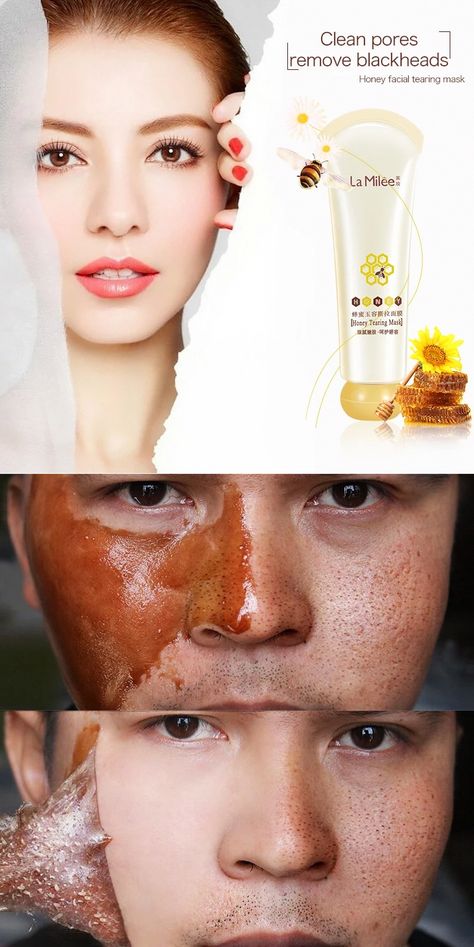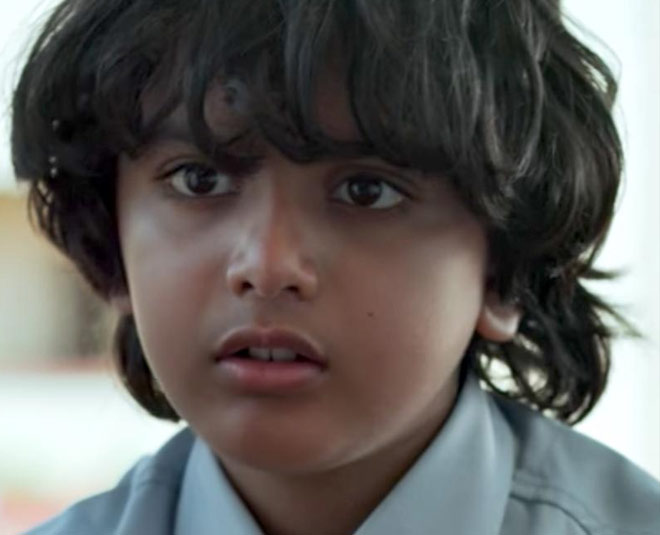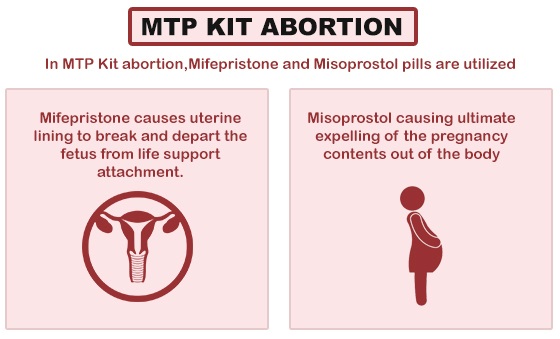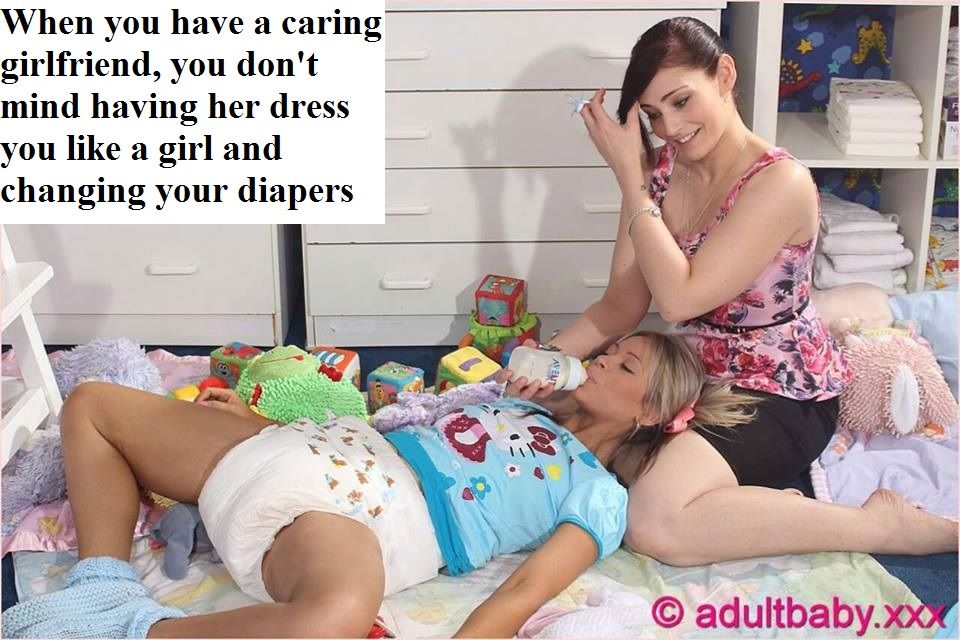How to tell a child he is adopted
Talking with Your Child About Adoption
At some point, most children ask where they came from. When your adopted child poses this question, what will you say?
Experts agree that telling your adopted child the truth is the best solution. But the question of how to tell your child they’re adopted can feel intimidating to parents.
One thing is clear — even if you’re not sure what to say, it’s better to bring up the topic early than to postpone it indefinitely. The sooner your child knows the truth, the better.
If your child is young enough, you can make their adoption something they’ve always known about themselves.
Early disclosure means that when your child asks questions about who they are, you’ll already have the topic of adoption woven seamlessly into the conversation. It will be as natural as the connection you have with them and an integral part of their understanding of themselves.
Children benefit from knowing the truth about significant identity factors, such as adoption.
Late discovery adoptees (LDAs) vouch very strongly for parental transparency on this subject. They cite distress and lower life satisfaction as some of the effects of not knowing the true identity of the adults who raised them and the existence of unknown biological parents.
It’s not they were adopted that causes distress. Instead, LDAs experience emotional disruption because they were not told the truth about their identity.
Healthy attachment
When parents are honest with their child about adoption, they nurture trust, an important part of the parent-child bond known as attachment.
The American Psychological Association states that successful attachment creates a foundation for emotional, cognitive, and social development.
Talking with older kids
If you have an older child who doesn’t know they’re adopted, it’s still important to tell them the truth.
While you’re reminding them of their importance in your life, you can also explain that you weren’t sure when and how to tell them.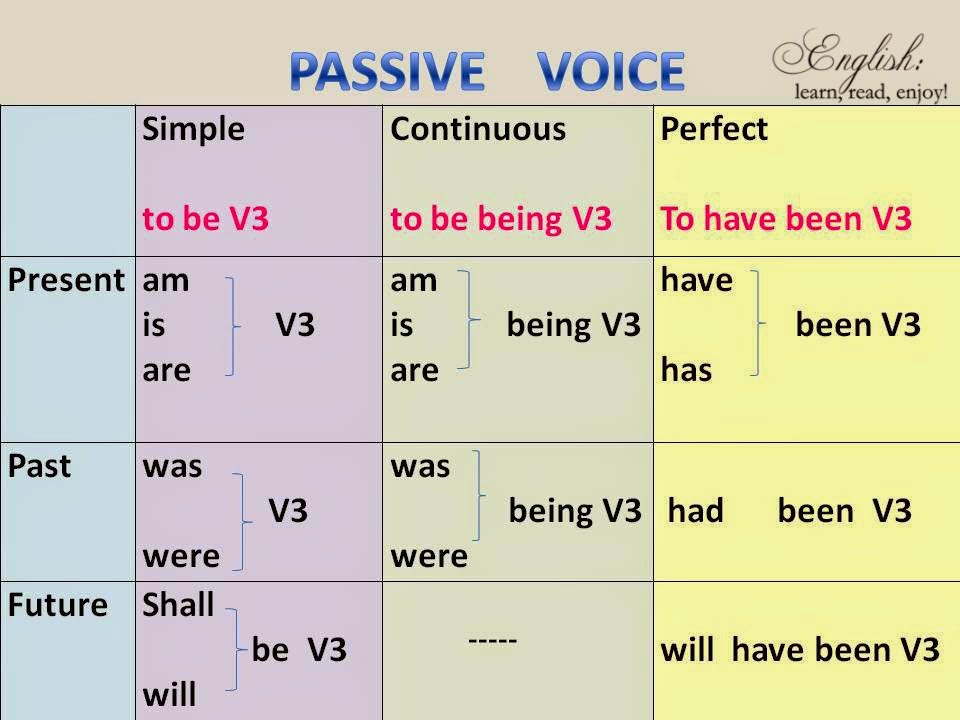 It’s OK if parents don’t have all the answers if your conversation is sincere.
It’s OK if parents don’t have all the answers if your conversation is sincere.
Benefits of being honest
Maintaining trust isn’t the only benefit of telling your child the truth about their adoption. Other ways this information benefits them include:
- providing the opportunity to access their family medical history
- protecting them from the shock of finding another way, such as accidental disclosure from a another relative or family friend
- offering them the chance to learn more about themselves, like whom they resemble or from whom did they inherit their hair color
- preventing the possibility of shame that may result from hiding their story
Most experts agree that the conversation about birth origin should begin sooner rather than later.
It’s recommended that you start with the very basics when your child is young. As they grow and ask questions, you can provide more detail.
Age-appropriate conversations
It’s OK if your child doesn’t understand what adoption means when you first tell them. What matters is that when they are old enough to understand, they won’t feel unsettled by the added information.
What matters is that when they are old enough to understand, they won’t feel unsettled by the added information.
They’ll already know they’re adopted and feel secure that you haven’t kept important facts from them.
A mixed-method study from 2019 involving 254 adopted adults revealed higher life satisfaction for those whose parents told them they were adopted before 3 years of age.
Normalizing adoption with open communication
Study participants said they preferred open communication and they benefited from supportive relationships. They also described contact with their birth parents and other adoptees as beneficial coping methods.
Consider regularly including the topic of adoption into your conversations, from the moment you bring your child home. Tell them how lucky you feel to have adopted them.
Normalize adoption by talking about all the diverse types of families that exist.
There’s no one-size-fits-all script for your adoption dialogue. Each situation and every child are unique.
Each situation and every child are unique.
But there are various strategies to consider that could make your conversation easier:
- Be honest. Remember that trust comes from truth.
- Use age-appropriate explanations. If you’re not sure what to say, consider browsing websites and bookstores for ideas on how to discuss adoption with a child the age of yours.
- Welcome their questions. You may want to ask your child if they have questions. They probably do, but they might worry about hurting your feelings if they show too much interest in their birth parents.
- Remove blame. It’s essential that your child understand their adoption was the result of circumstance, and that it’s not their fault. Emphasize the positive by telling them adoption is a way to build a family rather than a solution to a crisis.
- Accept their feelings. Encourage them to share their feelings and try not to take any of it personally.
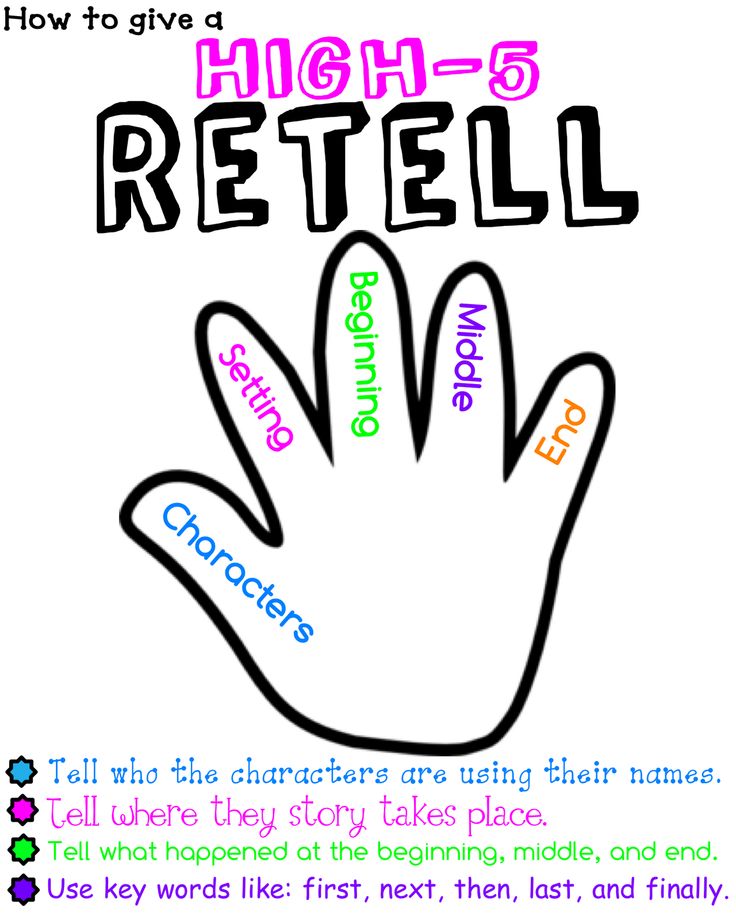 They need to feel safe expressing a mix of emotions without worrying they could alienate you.
They need to feel safe expressing a mix of emotions without worrying they could alienate you. - Support their birth parents. It helps to take a supportive stance toward their birth parents. Your child might want a personal connection with their birth parents. Your goal is to foster acceptance and empathy.
- Continue the conversation. Include adoption in conversation regularly. It doesn’t have to be daily, just often enough to normalize it and remove any stigma.
Challenging conversations
Your child’s adoption story might be complicated or difficult to discuss with them. If your child asks about their birth parents, you might not know what to say right away — and that’s OK.
Having honest conversations with your kids can be important for your relationship and their peace of mind. People who are adopted often learn about their birth parents and origins eventually. Hearing their adoption story from a parent can strengthen your trust.
Keeping difficult information age-appropriate may ease stress for both you and your child. As your children grow up, you can revisit the conversation and explain more details.
For example, you might simply start by saying that your child’s birth parents weren’t well enough to take on the responsibilities of parenting.
Wherever you are in your adoption dialogue with your child, keep in mind that you’re not alone. It’s OK to reach out for support from the people in your life and to build new connections with other adoptive families.
Children are resilient when they have secure and trusting relationships with parents, adoptive or otherwise. Your love and support help them navigate life’s changes and challenges.
Adoption resources for kids and parents
American Adoptions - When — and How — To Tell Your Child They are Adopted
After months or even years of waiting, many adoptive families see adoption placement and finalization as the long-awaited finish line in their adoption journey.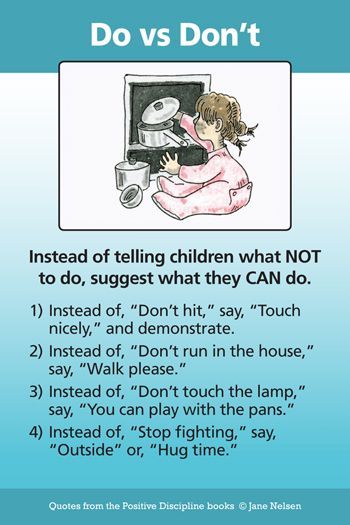 However, the adoption process is actually far from over for adoptive families. Adoption continues to shape the lives of adopted children and their parents well past placement, and it is important to embrace adoption as part of your parenting strategy.
However, the adoption process is actually far from over for adoptive families. Adoption continues to shape the lives of adopted children and their parents well past placement, and it is important to embrace adoption as part of your parenting strategy.
As parents prepare to raise adopted children, they often have a few recurring questions:
- When should you tell your child they are adopted?
- What is the best age to tell a child they are adopted?
- How do you tell your child they are adopted?
We know telling your child they are adopted is a new experience for many adoptive parents. But, it’s really not as big of a deal as you might think!
In the article below, we’ve answered every one of these questions — and more — to help you prepare for these important conversations. Remember, if you’re struggling, you can always reach out to your American Adoptions’ specialist for personalized advice and guidance.
When Do You Tell Your Child They are Adopted?
Decades of inaccurate pop culture and media have taught that adoption is something hidden from a child — that after years of not telling a child they are adopted, the truth comes out in a tearful confession that rocks the adoptee’s world.
While this makes for good television, it’s not at all the way that modern adoption works.
Today, there’s really only one answer to the question, “When should you tell a child they are adopted?” The right age to tell a child they are adopted is at birth — from the moment you bring them home from the hospital.
There should be no moment when your child “learns” they are adopted; you should tell your child they are adopted from before they can remember, and adoption should just be a natural part of their personal story.
Experts agree that talking with your children openly and honestly about adoption is one of the best ways to promote a healthy view of adoption. Incorporating adoption into everyday conversation from the beginning helps ensure children feel confident in their identity and proud of their story.
While talking about adoption may sound simple in theory, many parents struggle with when and how to tell a child about adoption. The simple answer? Your child’s adoption story should be introduced as early as possible to build trust, boost self-esteem and create a positive view of adoption.
Every child develops and matures at his or her own rate, and it is important to gauge your child’s understanding, maturity and interest level when talking about adoption. However, don’t use this as an excuse: As a responsible adoptive parent, you do have to tell a child they are adopted — and you do have to celebrate their adoption story openly and honestly.
How to Tell Your Child They are Adopted
Experts agree that you should tell a child they are adopted from the moment you bring them home, but there are many different ways you can share your child’s adoption story. The steps you take will likely depend on your child’s individual adoption story and open adoption relationship.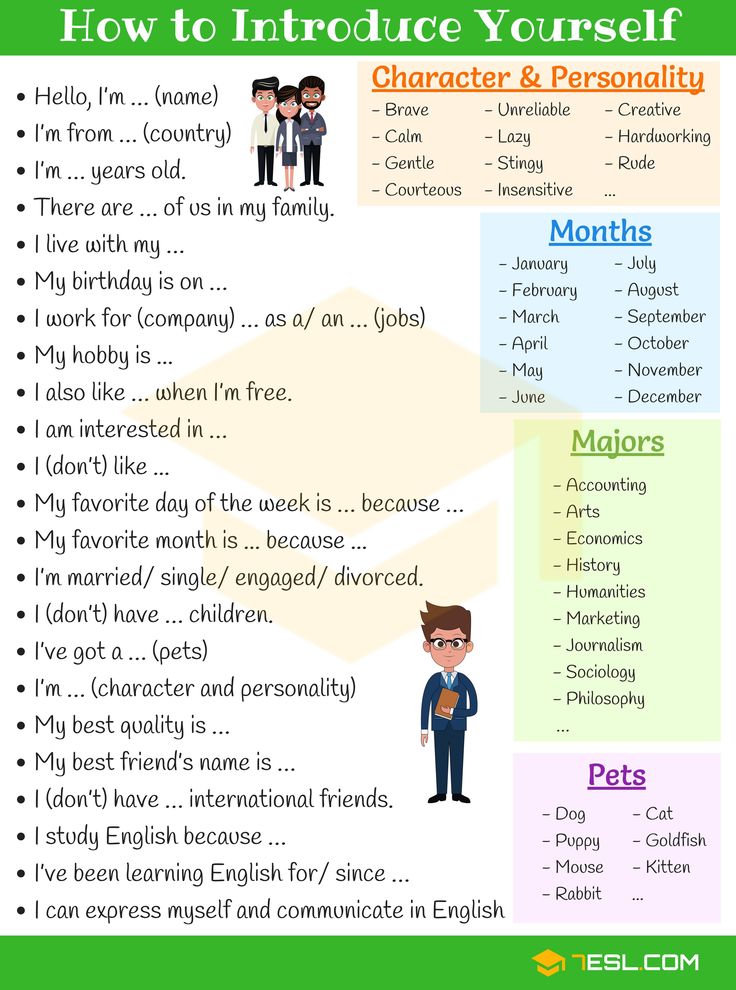
However, there are a few helpful steps when it comes to how to tell a child they are adopted:
Step 1: Start using adoption terms immediately.
It can’t be reiterated enough: The best time to tell a child they are adopted is the moment you first bring them home.
Practice talking about adoption while your child is still an infant. Introduce adoption language into your day-to-day life, even if your child can’t yet understand what you’re saying. This will help make adoption a natural and comfortable topic for you as parents and will help your child develop positive associations with the vocabulary you use.
For example, put a picture of your child’s birth parents next to their crib. As they’re falling asleep, tell the story of how you received the adoption call, got to know their birth parents, and brought them home.
Don’t worry — adoption is a lifelong conversation, so you’ll get a better hang of it as the years go by.
Step 2: Read them books about their adoption.
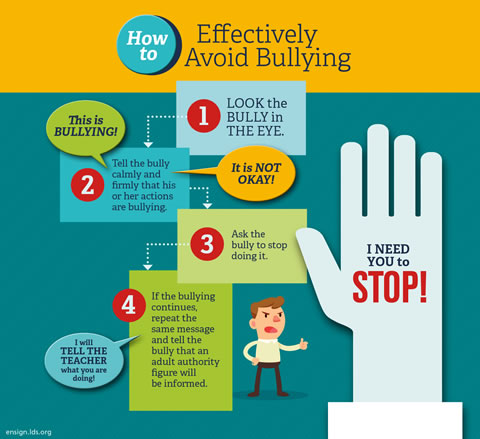
As your child begins to understand and develop language, incorporate adoption-themed books into story time. Some great examples include:
- Tell Me Again About the Night I Was Born
- The Mulberry Bird: An Adoption Story
- I Don’t Have Your Eyes
- Elliot
When reading these stories, take the opportunity to intersperse personal details from your child’s adoption story. This is a wonderful manner for how to tell your child about adoption, and these books will inspire great questions and natural conversation.
As your child reaches preschool age, he or she may start asking questions about their birth story. Children love hearing stories about themselves, so use this as an opportunity to tell their adoption story. Lifebooks can be a great tool to help you talk about adoption at this stage of development.
Step 3: Keep channels of communication open.
An adoptee’s journey is a long one. There will be times where they are extremely interested in their adoption story and what it means for their personal identity — and times they couldn’t seem to care less. That doesn’t mean the conversation is over, though.
That doesn’t mean the conversation is over, though.
At some point, your child may stop asking questions or talking about adoption altogether. Without forcing the subject, let your child know that you will always be available and willing to talk. Mention adoption occasionally in day-to-day conversation and give your child plenty of opportunities to bring up the topic on their own.
At the same time, cultivate your open adoption relationship with your child’s birth parents. Sometimes, your child will want to get answers to their questions directly from the source — and having a positive, open relationship with their birth parents will make this much easier.
Step 4: Don’t lie — but be age-appropriate.
If your child’s adoption story has some complicated aspects, it’s normal to wonder how to tell your adopted child the truth without hurting them.
While it may be necessary to omit certain adoption details when your child is young, be careful to never falsify his or her adoption story. Always be as open and truthful as you feel is appropriate, and begin explaining details as your child gets older.
Always be as open and truthful as you feel is appropriate, and begin explaining details as your child gets older.
Older children may become aware of some of the more difficult aspects of adoption and may begin to question the positive image of adoption that you’ve created. They may experience feelings of grief and loss for their birth family, or feel a sense of rejection when they realize that their birth mom made the choice to place them. They may ask difficult questions, such as why they were “given away” for adoption.
Always be honest when you answer their questions, and reinforce positive and appropriate adoption language. This is often when children are the most resilient and may be a good time to begin sharing more details about their adoption story, depending on their maturity and understanding.
As children reach adolescence, they tend to become more self-aware and focused on discovering their true identities. Adopted teenagers often wonder how their adoption story has shaped them. At this point, share any remaining information and documents you have on their adoption, if you have not done so already. Be as honest as you can to help build trust and strengthen your relationship with your child.
At this point, share any remaining information and documents you have on their adoption, if you have not done so already. Be as honest as you can to help build trust and strengthen your relationship with your child.
Step 5: Stay in touch with your adoption specialist.
Remember that adoption is a lifelong journey — and how to tell your child they are adopted will evolve over time with their comprehension of the adoption process. There may be difficult spots along the way — but American Adoptions will always be there to help.
When you work with our agency, you will receive our support and guidance for years after placement. You can always call or email your specialist with any questions you have; they will be happy to hear from you and provide any advice or resources you may need!
Other Things to Remember
Adoption should always be a recurring topic of conversation throughout your child’s life. Telling the truth to your adopted child can seem overwhelming before placement but, after that little one is placed in your arms, it will be much easier to find the words for the love and beauty surrounding their adoption story.
While you should tailor your discussions to fit their stage of development, there are some underlying principles to always keep in mind, regardless of your child’s age:
- Always be supportive: Be positive and supportive of adoption, your child, and his or her birth family. These are important factors in your child’s life and identity, and you should never speak negatively about them. Remind your child that adoption is a choice that birth parents make out of unconditional love and that he or she was meant to be a part of your family.
- Let them own their story: Avoid sharing the details of your child’s adoption with extended family members and friends before your child knows the full story. Allow him or her to decide when, how and with whom they want to share their adoption story.
- Model a positive attitude toward adoption: Young children look to their parents to learn attitudes, behaviors and language.
 Always treat adoption as something positive and special. This will encourage your child to feel confident and secure in his or her identity. As your child gets older and begins to encounter negative or insensitive comments about adoption, continue to model a positive attitude and teach them how to respond constructively to these situations.
Always treat adoption as something positive and special. This will encourage your child to feel confident and secure in his or her identity. As your child gets older and begins to encounter negative or insensitive comments about adoption, continue to model a positive attitude and teach them how to respond constructively to these situations. - Consider professional support: If you need additional suggestions or support as you talk with your child, or if you or your child needs help coping with difficult information or feelings, consider speaking with an experienced adoption counselor or therapist.
Initially, it may seem intimidating to introduce the topic of adoption into your family’s daily dialogue. However, taking an open and honest approach to discussing adoption from the beginning will ensure your child views their adoption as something to be celebrated!
Disclaimer
Information available through these links is the sole property of the companies and organizations listed therein.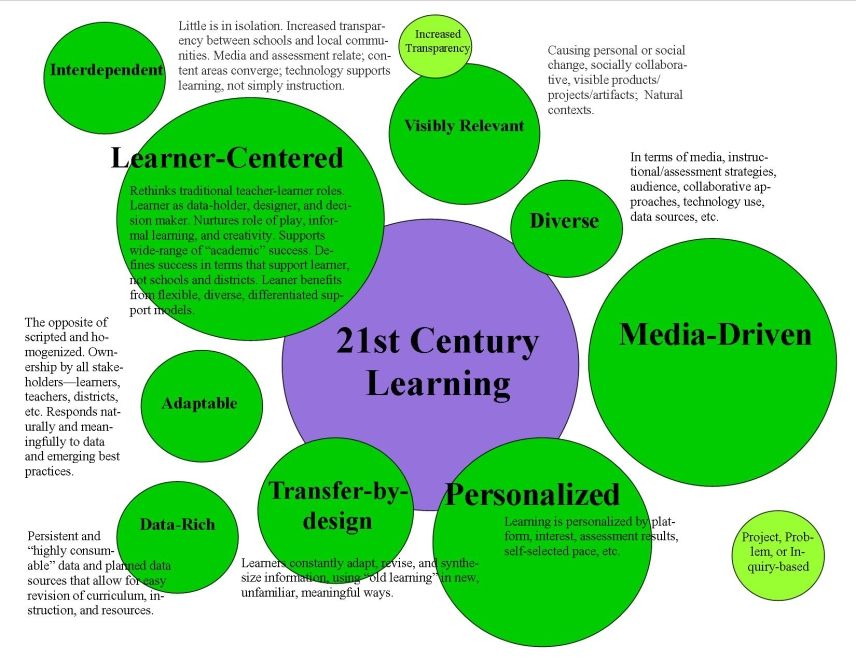 America Adoptions, Inc. provides this information as a courtesy and is in no way responsible for its content or accuracy.
America Adoptions, Inc. provides this information as a courtesy and is in no way responsible for its content or accuracy.
Request Free Information
How to tell a child that he is adopted
Keeping the secret of adoption is obligatory for everyone except parents: it is better for them to tell the truth to the child in early childhood
Should parents tell the child that they did not give birth to him, but took him into the family ? This question sooner or later confronts many foster mothers and fathers who have adopted or taken custody of a baby. “Definitely necessary,” - recently, experts on family organization are unanimous in this. But how exactly to communicate this information? In what cases can the truth about the appearance in the family become a trauma for a child? Elena Machinskaya, psychologist-consultant of the Change One Life Charitable Foundation, mother of four children, including three adopted ones, tells.
Everything secret becomes clear sooner or later.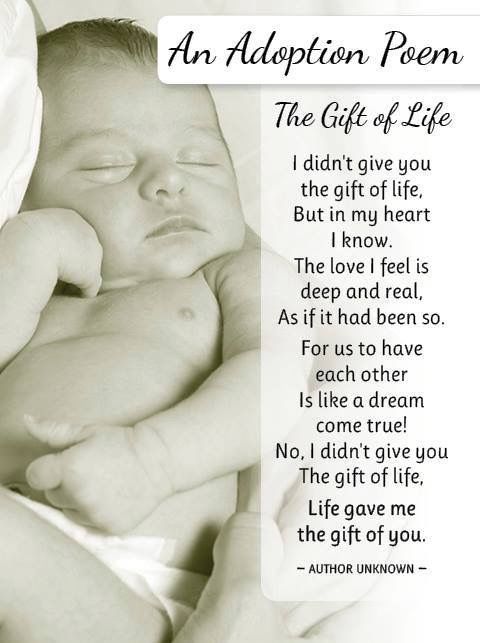 This folk wisdom always works, and the story of the appearance of a child in a family is no exception. Therefore, adoptive parents are encouraged to think in advance about how and when they will inform the child about his parentage. Those who have already taken children into the family think about this and now cannot decide whether to tell them the truth. However, today, when passing a DNA test for kinship has become a matter of one or two days, the desire to keep a secret from a child is a meaningless exercise.
This folk wisdom always works, and the story of the appearance of a child in a family is no exception. Therefore, adoptive parents are encouraged to think in advance about how and when they will inform the child about his parentage. Those who have already taken children into the family think about this and now cannot decide whether to tell them the truth. However, today, when passing a DNA test for kinship has become a matter of one or two days, the desire to keep a secret from a child is a meaningless exercise.
Hiding the truth, parents risk losing their child's trust
The habit of keeping the "secret of adoption" appeared in our country in the first third of the 20th century. Then relatives and friends of people arrested under political articles took their children to their families. At that time, the interests of the child demanded that no outsider should know that his biological father or mother was "enemies of the people." Today, the need for such protection has disappeared, and fear has remained, often unconscious.
“Keeping such a secret from a child all his life is impossible,” says Elena Machinskaya. “Especially in modern conditions: dozens or even hundreds of people are involved in the process of registration of guardianship, adoption, acceptance of a child into a new family. One way or another, they know the parents and the child, they know where the family lives.”
If the parents did not immediately talk to the child about his origin, there is an almost one hundred percent chance that he will learn about it from outsiders, and often at the most inopportune moment.
It is especially dangerous if a child learns the truth from strangers during adolescence. During this period, he, like any teenager, can have difficult relationships with his parents, and his psychological state is unstable due to hormonal changes in the body: the severity of emotions reaches a peak and pushes him to rash and destructive actions. This can lead to unpleasant consequences.
“The reaction is likely to be shock: “My parents lied to me! They are not my relatives, but strangers!” suggests Elena Machinskaya.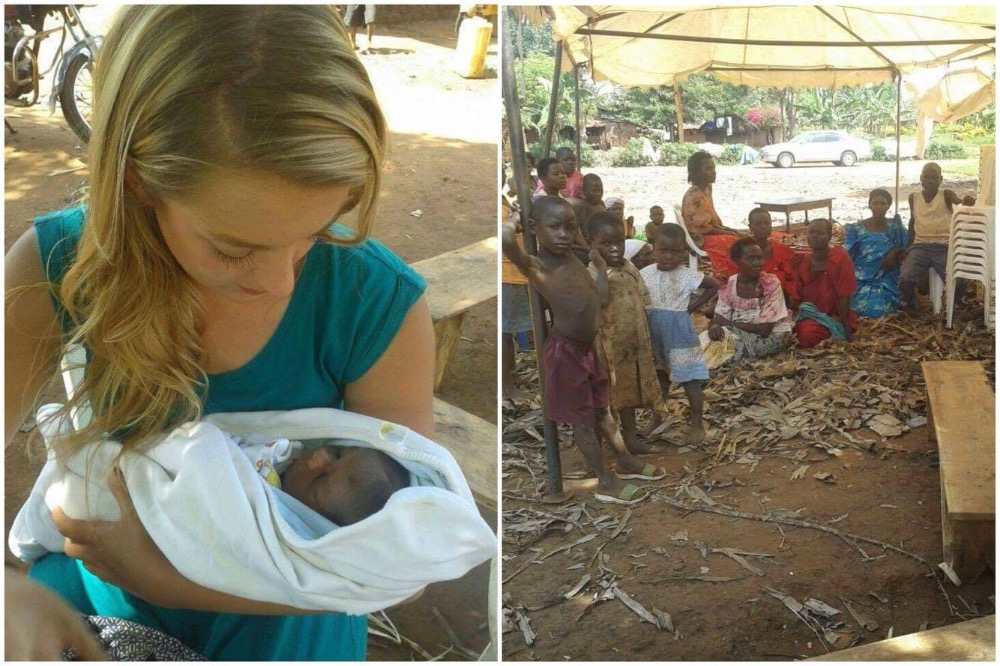 - The feeling that you are a stranger in your own family exacerbates the crisis of adolescence many times over. Scandals, leaving home, suicidal attempts, depression, resentment for the rest of your life - this is what an unexpected disclosure of a secret can lead to.
- The feeling that you are a stranger in your own family exacerbates the crisis of adolescence many times over. Scandals, leaving home, suicidal attempts, depression, resentment for the rest of your life - this is what an unexpected disclosure of a secret can lead to.
Why parents are afraid of talking
Myths about children from the orphanage are very tenacious in society - parents often fear that their adopted child will be looked askance at, laughed at. Or they will look askance at themselves. In our society, many still believe that if a family does not have “their own”, a blood child, then these two are not able to give birth to a third, it means that they are “defective”, not like everyone else.
“My practice shows,” Elena Machinskaya refutes stereotypes, “that there is not a single family that would reveal the truth to an adopted child and then experience strong negative from society. I don’t remember cases when someone laughed at a child or somehow singled him out, poisoned him, mocked him.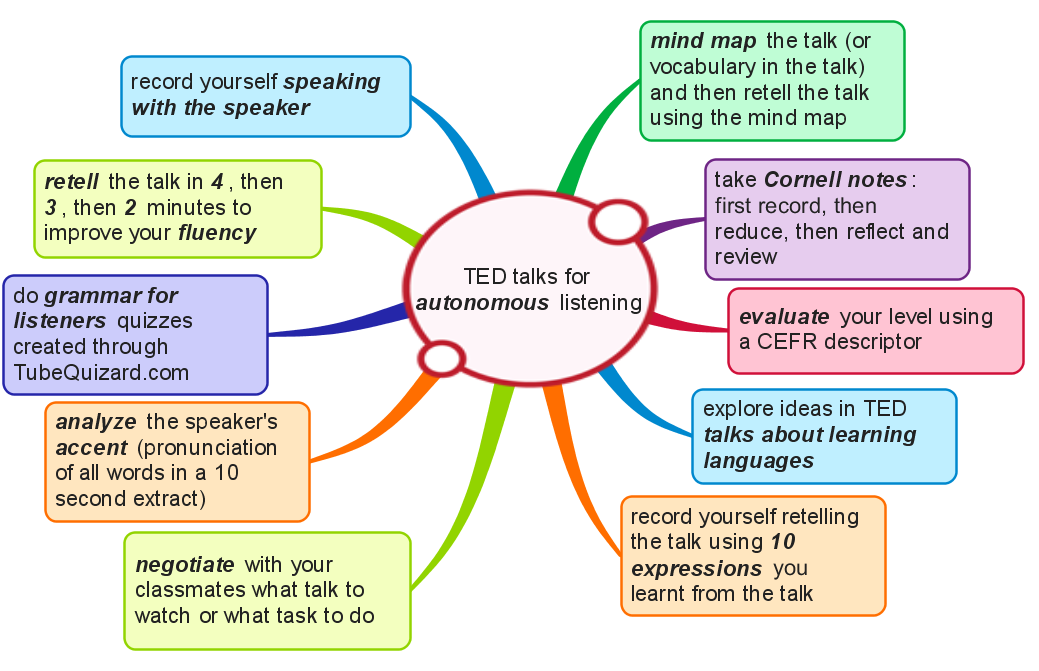
Naturalness, openness, lack of secrecy lead to the fact that both the family and its environment quickly forget that the Ivanovs have an adopted child. The presence of a secret, silence makes people explore a conditionally “empty” place, where there is clearly something, but everyone is silent about it. Any secret tends to be open, people love to discover secrets.
“Secret adoption puts both parents and child in a vulnerable situation. Its accidental disclosure causes unbearable pain to everyone. This is a time bomb that can explode at any moment. It is much easier to defuse the bomb and live in peace.”
When is the best time to talk to a child?
Experts differ here. Someone recommends telling the truth as early as 3-4 years old, someone advises waiting until a later age.
As soon as the child starts asking questions about where babies come from
Elena Machinskaya says that as soon as the child begins to meaningfully ask questions about how he was born, mom and dad have a chance to correctly present the information about his birth to the baby.
“A child asks you where babies come from. You can tell him that someone is coming out of his mother's tummy, but it happens that the children of mom and dad are taken from a special house on the edge of the earth - just like we took you. Sometimes parents keep a special album "Our Baby", where they mark all the significant dates and stages of their child's development.
It is also worth getting a book about the life of the adoptee. On the first page, you can stick a photo from the orphanage or draw how mom and dad pick up their son or daughter from a conditional house.
Telling a child about this, showing him such photos or drawings is natural for parents, and the kid will perceive his story calmly. Later, the child may ask a clarifying question: “Why did my mother give birth to Petya, and did you take me in the house?” “Because another woman gave birth to you, took you to the house. And we were waiting for you for a long time, we searched for a long time, found you there, were very happy and took you away.
At an older age, a conversation is possible when there is contact and the relationship is stable
It often happens that parents could not decide for a long time. The time for comfortable conversations with babies is over. How to prepare in such a case?
“It is not a very right decision to start a conversation at some critical moment: when the relationship between the child and parents deteriorated for some reason, in adolescence, if the child is mentally unstable and there is no feeling of mutual acceptance on his part, if he has unrequited love or he is going through another crisis."
If the situation in the family is calm, contact with the child is established, Elena Machinskaya advises watching films or cartoons with the child about foster families, reading books on the topic. “It’s better to think over the conversation in advance (you can even write key words on paper, the main thoughts that you decide to say). The main thing that a child should understand from such a conversation is that he is a beloved and important person in the family, a beloved child who is valuable and important, no matter what. You can cite familiar families or families of famous people where there are adopted children as an example.
You can cite familiar families or families of famous people where there are adopted children as an example.
How to tell the news so that it is taken calmly
The calm intonation of parents who tell their child that he is adopted will help the family get through this difficult moment.
“Answer all the questions the child has,” recommends Elena Machinskaya. - Not necessarily questions will appear immediately: your son or daughter can take a break, think and return to the conversation. It is important for adults to be ready for this, to be open, tactful, supportive.”
The main difficulty lies in the psychological attitude of the parents. They may become overly emotional when telling the child about his birth and his decisions; sometimes they start crying, asking for forgiveness. The behavior of parents can complicate the condition of the child, in whom the knowledge of his origin will be associated with something unpleasant.
“It’s better for parents to try not to make a tragedy out of a conversation,” advises Elena Machinskaya. - Children are very sensitive to the emotions of adults: if mom is ashamed, if mom feels guilty, if she is scared, then there is something bad, dangerous, shameful in what she is talking about. It is best for a mother to try to relax as much as possible before the conversation, because nothing bad, shameful in the family has happened before and does not happen at the moment of the conversation - on the contrary, this is a step towards complete trust and openness between parents and the child.
- Children are very sensitive to the emotions of adults: if mom is ashamed, if mom feels guilty, if she is scared, then there is something bad, dangerous, shameful in what she is talking about. It is best for a mother to try to relax as much as possible before the conversation, because nothing bad, shameful in the family has happened before and does not happen at the moment of the conversation - on the contrary, this is a step towards complete trust and openness between parents and the child.
A psychologist can be involved in the conversation if the family has experience of interacting with such a specialist. He will help parents prepare for the conversation, prepare the child, and be able to attend if the need arises.
. As children grow up, they often go to court to get information about their biological relatives. They want to know who their parents are, to find brothers and sisters. Adoptive parents are not always ready for a frank conversation. Some women even feign pregnancy so that no one from the environment has any doubts: this child is a blood child. Employees of the city 9 told about how specialists working with foster families see the problem0074 Scientific and Practical Center for the Protection of Children's Rights "Childhood".
Employees of the city 9 told about how specialists working with foster families see the problem0074 Scientific and Practical Center for the Protection of Children's Rights "Childhood".
What the law says
According to the law in Russia, parents themselves decide whether to keep the secret of adoption. Responsibility for the disclosure of such information lies mainly with employees of government agencies.
“Issues of adoption in guardianship are dealt with by a separate specialist. For three years, he conducts a survey of the family and draws up a report (if the family receives benefits, then until the child's 18th birthday). The document is transferred strictly personally into the hands of the adoptive parent. All personal files of children are kept in a safe. This is done to exclude any possibility of divulging the secret." , - Olga Kubyshkina, legal adviser of the Department for the Prevention of Problems in the Families of Guardians, Trustees of the Childhood Center, explains .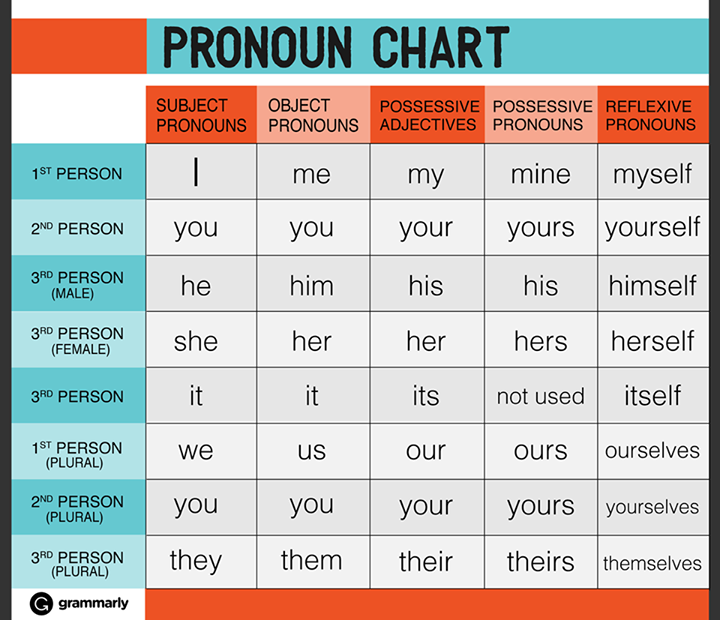
The truth will make the family stronger
Parents of an adopted child seek to protect the baby, protect it from shocks. That is why many decide to hide the truth. But, according to psychologists, this is far from the only reason for silence.
“Often children are adopted by families that cannot have their own. Keeping a secret, such parents protect not only the kids, but also themselves, so as not to feel inferior in the eyes of society ", - says psychologist in the social sphere Irina Melnikova .
There are parents who choose a different path. They discuss everything with their child, live through the pain of trauma together, support each other.
“The closest and most trusting relationships are in such families. There they openly talk about the blood family, help to establish contacts with relatives, ”, the psychologist notes.
Why secrets are dangerous
The family, hiding the fact of adoption, is forced to change their place of residence, limit communication with friends and acquaintances.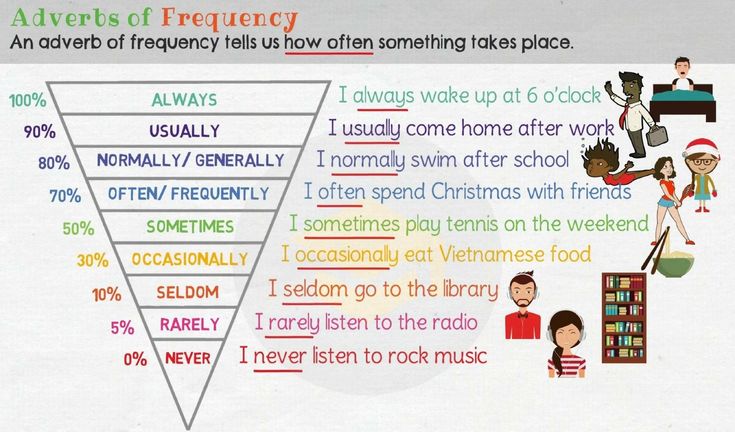 Such parents are in constant tension. This anxiety is transmitted to the child. The kid closes in himself, shows aggression, becomes conflict.
Such parents are in constant tension. This anxiety is transmitted to the child. The kid closes in himself, shows aggression, becomes conflict.
The foster family must understand that reticence will affect not only the relationship, but also the inner self-perception of the child.
“Recently, at our Childhood Center, one candidate for foster parents underwent psychological diagnostics. When we asked the woman if she would tell the children that they were adopted, the woman replied: “Absolutely, yes!”. The fact is that she herself was adopted. She found out the truth after 40 years. It was very hard for her to accept it. The woman said that in her childhood, some fragments of memories periodically surfaced in her, which she could not explain. They did not fit in with the life she lived in the family. There was a feeling that something was not right. She had doubts in herself.” — tells Irina Melnikova.
What is easy for a preschooler is a tragedy for a teenager
If the family has chosen to tell the truth, it is not worth delaying.


